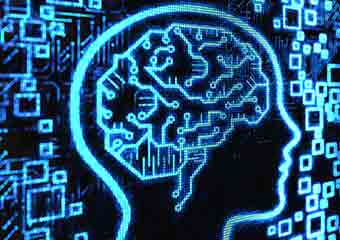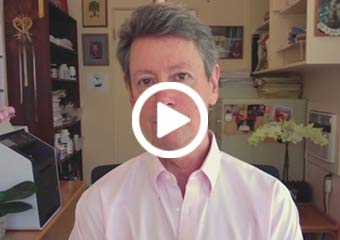For years we’ve been able to see differences between a healthy brain and that of a person who’s been diagnosed with PTSD. But can we detect differences within a population, all of whom have experienced traumatic events? And if so, what could that reveal about why some people develop PTSD while others don’t? Dr. Samantha […]
Treating Severe Trauma in Iraq
Trauma doesn’t discriminate. It can affect anyone, anywhere throughout the world and, unfortunately . . . . . . not everyone has similar access to resources for treating trauma or PTSD. So, what can we do to reach survivors of trauma who have limited access to treatment options? Paul Bolton, MBBS and a team of […]
Can Traumatic Memories Be Changed?
Experiences that are distressing, painful and, perhaps, even traumatic are unavoidable in life. But are there ways we can work with people to prevent memories of traumatic events from developing into PTSD (post-traumatic stress disorder)? One possibility that’s being investigated for accomplishing this is a method called “updating.” This approach uses verbal techniques to change […]
Injury, Illness, and PTSD
Does serious illness increase the risk of developing PTSD? We wrote about this topic back in 2011. At that time, a study in the Journal of the American Academy of Orthopedic Surgeons reported that 20-51% of patients who suffered musculoskeletal injuries went on to develop PTSD. Another study, from the Journal of Psychosomatic Research, found […]
A Different Way to Handle Stress – Can Brain Science Help?
Stress – it’s often (if not always) a regular part of life. But everyone handles it differently, and many people are frequently on the search for ways to deal with it more effectively. Now, while stress triggers are usually different from person to person, the brain is actually hardwired to process stress in a certain […]




